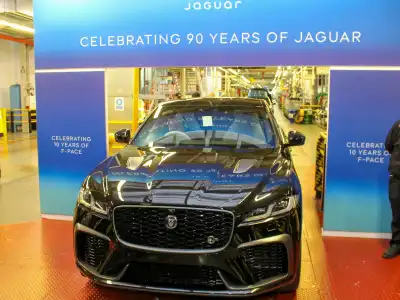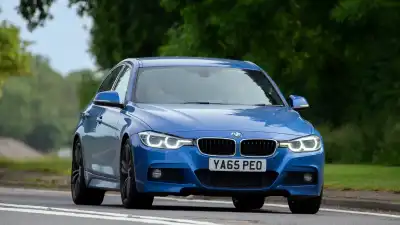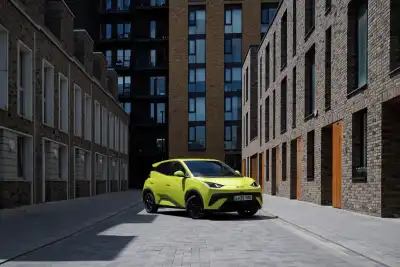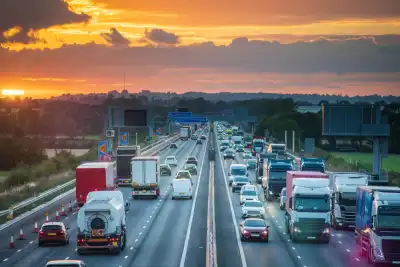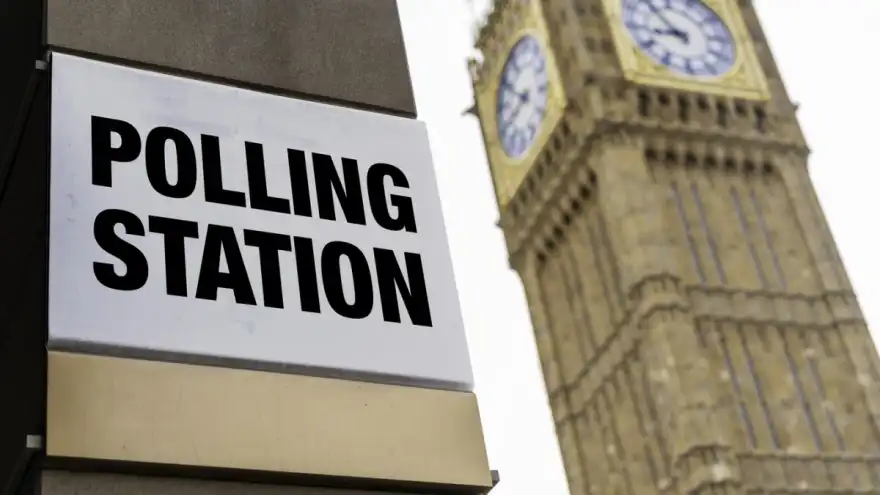
Britain's politicians are getting ready for a showdown. The next general election is set for Thursday, July 4, 2024, and all the major parties have launched their manifestos, kicking off their campaigns to win your vote.
Typically, motoring policies are overshadowed by issues like the economy, immigration, taxes, and public services. This year is no exception. The next government will need to address a struggling NHS, a rapidly accelerating climate crisis, and a recovery plan for the highest inflation rates in 40 years.
However, motoring policies are still crucial since they affect a significant portion of the electorate. In 2022, 75% of people aged 17 and over held a full driving license, according to the Office for National Statistics. Even discounting underage voters, that's a massive part of the public. Winning over a fraction of them with strategic driving policies could influence the election outcome.
Here’s a summary of each party's plans for drivers:
Conservatives
The Conservatives have put forth an extensive plan for British motorists, strategically addressing contentious motoring laws to garner support. They've pledged a substantial £8.3 billion to fix potholes and upgrade roads by the next financial year's end, aiming to remedy longstanding grievances among drivers.
Additionally, the Tories promise to scrap pay-per-mile road pricing and reverse the expansion of the London ULEZ, a move that proved pivotal in their Harrow by-election victory and is now part of their national strategy.
Further changes include abolishing the 20mph speed limit in Wales and proposing a local referendum scheme for future 20mph zones, responding to local opposition. They've also proposed a Pumpwatch scheme to mandate petrol retailers to disclose real-time pricing, enhancing consumer choice. They plan to make fly-tipping a driving offence punishable with penalty points.
The Conservatives highlight their new Automated Vehicles Act, set to permit self-driving cars by 2026, and maintain their commitment to stop new smart motorway constructions.
Lastly, like Labour, the Tories pledge to enhance the UK's EV charging infrastructure, though specifics on implementation and costs are yet to be detailed.
Labour
Labour's campaign focuses on jumpstarting economic growth, boosting clean energy, tackling crime, rebuilding the NHS, and reforming education to ensure all young people can thrive, regardless of their background.
Despite these broad priorities, Labour is also pushing forward with significant motoring policies. Their key proposal is to reinstate the 2030 ban on petrol and diesel cars, reversing the Tories' decision to extend it to 2035.
Labour plans to introduce legislation for second-hand electric cars, implementing a standardised method to assess the health of used EV battery packs to aid consumer decisions.
In terms of fiscal responsibility, Labour aims to postpone the A27 bypass construction and allocate the £65 million budget instead to fix up to 1 million potholes annually.
Additionally, Labour seeks to address the high cost of car insurance and the inadequate EV charging infrastructure, although specifics on funding for these initiatives are still pending.
Liberal Democrats
The Liberal Democrats have distinct priorities. Alongside economic reform and public service repair, they aim to mend relations with the EU and combat climate change, which includes reshaping how we approach cars.
Electric vehicles are pivotal in their strategy. The party pledges to make switching to electric cars more affordable and accessible through a comprehensive three-pronged approach.
Firstly, they plan to bolster infrastructure by installing more public charging points, ranging from residential chargers to rapid ones at motorway service stations. Like their counterparts in other parties, they haven't disclosed the project's cost.
Additionally, the Lib Dems propose cutting VAT on public charging to 5% and upgrading the National Grid to handle increased demand. They also commit to reinstating the plug-in car grant and advancing the ban on combustion engine cars from 2035 to 2030, aligning with Labour's timeline.
To cap off their motoring policies, the party promises to shield drivers from exploitation by tackling unfair insurance and petrol prices. They intend to expand the Rural Fuel Duty Relief scheme, offering drivers in regions like Cornwall, Cumbria, and Devon a 5p per litre reduction at the pump.
Green Party
The Green Party is proposing significant changes to Britain’s driving landscape. They aim to halt the sale of new petrol and diesel cars by 2027, three years earlier than Labour and the Lib Dems. By 2035, they want all combustion engine cars off the roads. To achieve this, the Greens plan a wide-reaching scrappage scheme and financial aid for electric car purchases.
They also propose a revamped road tax system based on vehicle weight and a default 20mph speed limit in urban areas. Additionally, the Greens pledge £19 billion over five years to upgrade buses, trains, and support electrification, aiming to cut travel emissions. They oppose new road constructions and commit £2.5 billion annually to new cycleways and footpaths, encouraging local journeys on foot or bike.
Their plan includes reimagining residential streets for community use, although specifics on implementation and public consultation remain pending.
Reform UK
Reform UK focuses on leaving the European Convention on Human Rights, freezing non-essential immigration, rejecting asylum claims from 'safe countries,' and tougher policing. For transport, they plan to scrap HS2 within 100 days, saving £25 billion, and cancel all low-emission zones and low-traffic neighbourhoods. They also intend to abandon the 2030 petrol and diesel car ban, cut fuel duty by 20p, remove electric car manufacturing requirements, issue North Sea gas and oil extraction licenses, and reverse the UK's Net Zero targets and related subsidies.
Who will you vote for based on this?

